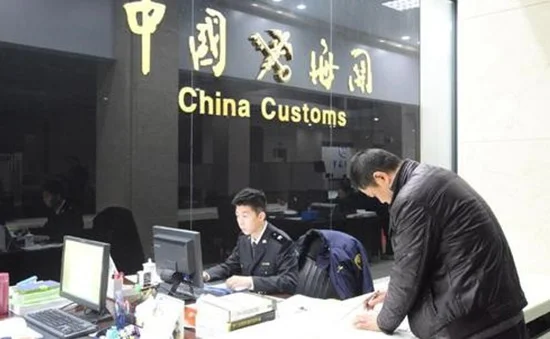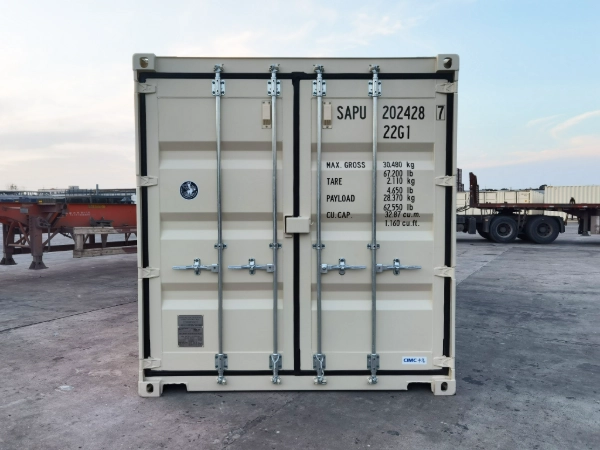In the era of globalization, international logistics plays a pivotal role in connecting businesses across borders. One of the most efficient ways to manage the flow of goods is through the use of dedicated lines. This article explores the concept of international logistics dedicated lines, their benefits, operational aspects, and how they contribute to the success of international trade.
Understanding International Logistics Dedicated Lines
International logistics dedicated lines refer to the exclusive transportation routes set up for the regular movement of goods between specific points. These lines can be established by logistics companies, shipping lines, or even individual businesses with the scale to justify the investment. They offer a range of services, including:
1. Direct Shipments: Goods travel directly from the point of origin to the destination without intermediate stops.
2. Scheduled Services: Regular departures and arrivals on a set timetable, ensuring predictability.
3. Customized Solutions: Tailored services to meet the unique needs of shippers.
Benefits of International Logistics Dedicated Lines
Dedicated lines offer several advantages that make them attractive for businesses engaged in international trade:
1. Reliability: With scheduled services, businesses can plan their logistics with greater certainty.
2. Efficiency: Direct routes reduce transit times and the risk of delays.
3. Cost-Effectiveness: Economies of scale can lead to lower shipping costs per unit.
4. Control: Shippers have more control over their supply chain, reducing dependency on third-party logistics providers.
5. Security: Dedicated lines can offer enhanced security measures, reducing the risk of cargo loss or damage.
Operational Aspects of Dedicated Lines
Setting up and managing an international logistics dedicated line involves several key operational components:
1. Route Planning: Identifying the most efficient and cost-effective routes based on trade volume and geographical considerations.
2. Fleet Management: Organizing the transportation fleet, which may include ships, trucks, or aircraft.
3. Customs Compliance: Ensuring all goods comply with customs regulations of the countries involved.
4. Tracking and Monitoring: Implementing systems to track shipments and monitor the performance of the dedicated line.
5. Risk Management: Developing strategies to mitigate risks associated with international shipping.
Vivi
17727754455@163.com


